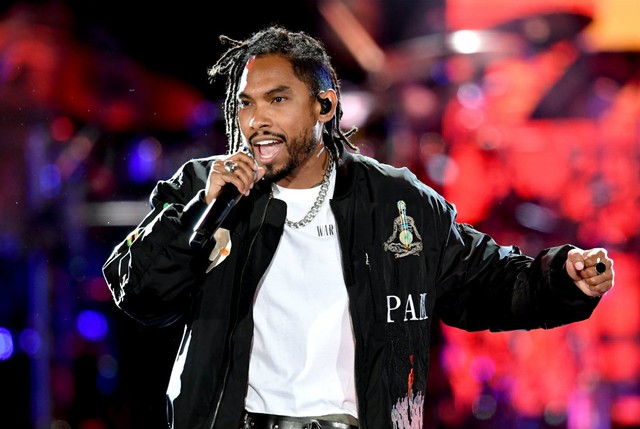Every year, Cinco de Mayo is celebrated in parts of Mexico and the United States to commemorate the Mexican army's victory over the French during the Battle of Puebla in 1862. However, Black Mexicans have often been excluded from Mexico’s history. “In 2015, Mexico’s government recognized the Afro-Mexican ancestry of its citizens for the first time in the country’s history,” Blavity reported in an earlier article.
Now, those holding Afro-Mexican identities can officially recognize themselves as such on Mexico censuses. Here's a list of Afro-Mexicans and Afro-Mexican Americans who seek to amplify all sides of their heritage.
1. Poet Ariana Brown
Ariana Brown is a queer, Afro-Mexican, American poet, whose writing focuses on Black mental health, spirituality and womanhood through a Mexican-American lens. A native of San Antonio, TX, Brown has a B.A. in African diaspora studies and Mexican-American studies from the University of Texas at Austin. She has toured various college campuses across the country, performed for local organizations and poetry slams and received two Academy of American Poets prizes. Brown’s work has been featured in For Harriet, HuffPost, PBS and Remezcla. Her debut poetry EP LET US BE ENOUGH was released earlier this year.
2. Musician And Painter Ras Levy
Afro-Mexican Rasta Ras Levy has been at the forefront of including Black experiences in Mexican culture. For nearly two decades, Levy has promoted Black artistic representations throughout his music and paintings. His 2017 exhibition “Mexico Negro,” which was shown in Mexico City, paid homage to Mexican mythological and historical characters with African heritage. One of his popular paintings from the exhibit, “La Mulata de Cordoba,” features a portrait of an Afro-Mexican woman healer from Veracruz, who was sent to prison during the Mexican Inquisition.
3. Journalist Walter Thompson-Hernández
Born to a Mexican mother and Black father, Walter Thompson-Hernández is a Los Angeles-based New York Times reporter, whose works often highlight Blaxican and AfroLatindad culture. Thompson-Hernández, as a researcher for the University of Southern California’s Center for the Study of Immigrant Integration interviewed those who shared his identity in 2015, which became the impetus for ‘Blaxicans of L.A.’ Instagram page to promote their stories, according to Remezcla.
4. Singer And Musician Miguel
Miguel isn’t a stranger to highlighting his Mexican heritage in his music. The Grammy-nominated R&B singer, who was born to a Black mother and a Mexican-American father in California, has attempted to explore both of his identities through his songs. In April 2018, he released his first Spanish-language project, “Te Lo Dije” (“Told You So”), which featured five Spanish-version tracks from his last album War & Leisure.
5. Poet And Writer Natasha Carrizosa
Poet, writer and spoken word artist Natasha Carrizosa mainly writes about her childhood and life experiences. Born to a Black mother and Mexican father, her writing also reflects the influence of both cultures on her life. In 2013, she won the National Poetry Award for multicultural poet of the year. Her works include “Of Fire and Rain,” “Heavylight” and “Mejiafricana.”
The work of these creatives isn't only important for holidays like Cinco de Mayo, but it's important on a daily basis as Afro-Mexicans and Black Mexicans constantly push for the exposure of their identities.
Did you enjoy this story? Check these out:
Afro-Mexican Artists Fights Erasure of Mexico's Black History With Powerful Exhibit
How Afro-Latina Actress Santana Dempsey Is Giving Women of Color Who Feel Unnoticed A New Dimension
